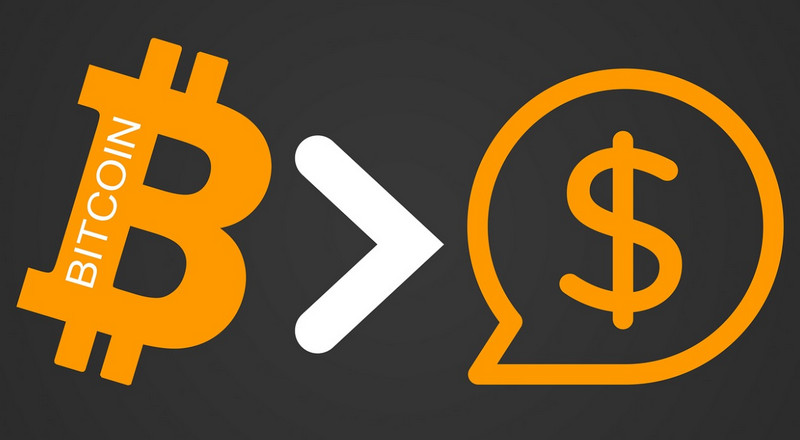Investing in the stock market is one of the most effective ways to build long-term wealth. Yet for many beginners, buying your first stock can feel intimidating. The good news? With the right approach, you can begin investing for beginners confidently and watch your portfolio grow over time.
In this guide, we’ll walk you through each step of how to buy stocks wisely — from choosing the right broker to understanding key strategies that help you succeed as a new investor.
Why Invest in Stocks?
Saving money is safe, but it rarely beats inflation. That’s why more people are turning to the stock market to grow their wealth. Historically, the stock market has delivered average annual returns of around 7–10%, far higher than traditional savings accounts. Over the long term, investing gives your money the power of compounding — meaning your returns earn additional returns.
Even with market volatility, investing early helps you benefit from time in the market rather than timing the market. According to Investopedia’s investing research, investors who stay consistent during downturns often outperform those who try to jump in and out.
Step 1: Understand the Basics of the Stock Market
Before you buy your first stock, it’s important to understand what the stock market actually is. Essentially, it’s a marketplace where investors can buy and sell shares of publicly traded companies. Each share represents partial ownership of a company — and as that company grows, your investment can increase in value.
However, investing also carries risk. Prices can fluctuate daily, which means your stock’s value can go up or down. To learn more about how markets function, check out U.S. Securities and Exchange Commission Investor Education.
Step 2: Choose the Right Broker
Choosing a brokerage platform is your first real decision. A broker acts as the middleman between you and the stock market. There are two main types:
- Full-service brokers – offer personalized advice, financial planning, and active portfolio management.
- Online discount brokers – let you buy and sell stocks yourself with lower fees.
For most beginner investors, online brokers like Fidelity, Charles Schwab, or Robinhood are great starting points. They provide low-cost access, intuitive interfaces, and educational resources to help you make informed decisions.
Make sure to compare trading fees, minimum deposit requirements, and available investment types. You can explore more about beginner brokerage comparisons at NerdWallet’s broker comparison guide.
Step 3: Compare Costs and Fees
Not all brokers charge the same fees. Some platforms offer commission-free trading, while others may charge per trade or require higher account balances. Be aware of hidden costs such as inactivity fees or fund transfer fees.
Many brokers also charge mutual fund or ETF transaction fees. To minimize expenses, consider choosing brokers with no-transaction-fee funds. For a deeper look at fee structures, visit Bankrate’s best online brokers list.
Step 4: Look for Promotions and Bonuses
Several brokers offer sign-up bonuses to attract new customers. For example, Webull and Public frequently give free stocks for creating an account. While bonuses shouldn’t be your main reason for choosing a broker, they can be a nice incentive to get started.
Step 5: Use Broker Research Tools
Good brokers offer free tools to analyze stocks, ETFs, and funds. Use these to understand trends, historical data, and company performance before you invest. Platforms like Morningstar and Yahoo Finance also provide valuable insights into market performance and company fundamentals.
At Stock Market Investing Guide (example.com), you’ll find helpful beginner tutorials that explain how to evaluate stocks and create a balanced investment strategy.
Step 6: Review Account Details Carefully
Before funding your account, review all costs — including trading fees, account maintenance charges, and margin interest rates. Some brokers waive fees for balances over a certain threshold, but it’s best to know before you commit.
Also, check withdrawal and transfer fees in case you decide to switch brokers later. A few platforms even charge “exit fees” to close accounts. Always read the fine print.
Step 7: Practice with a Demo Account
If you’re nervous about losing money, consider starting with a demo account. Many brokers offer simulated trading tools where you can practice with virtual funds before investing real money. This helps you understand market movements and test different strategies safely.
Explore practice investing options at Investopedia Stock Simulator.
Step 8: Start Small — and Think Long-Term
When you finally feel ready, start with a modest amount. Investing isn’t gambling — it’s a long-term game. You can begin with as little as $50 on some platforms. Focus on buying shares in established companies with a track record of stability and growth.
Consider low-cost ETFs or index funds that track the overall market. They provide diversification and reduce the risk of picking individual stocks. Learn more about index investing at Vanguard.
Step 9: Automate Your Investments
Automation is one of the smartest moves for beginner investors. Set up automatic monthly contributions to buy stocks or ETFs regularly. This method, known as dollar-cost averaging, helps you buy more shares when prices are low and fewer when prices are high — smoothing out volatility over time.
Read our related guide on Building Good Investing Habits (example.com) for simple automation strategies that work for all experience levels.
Step 10: Focus on Wealth Building — Not Quick Wins
The real goal of investing is to build wealth steadily, not to chase overnight profits. Avoid hype-driven stocks or speculative assets like meme stocks and volatile cryptocurrencies unless you understand the risks. High-risk trading can feel like gambling — and often leads to losses.
Instead, focus on creating a diversified portfolio with a mix of stocks, ETFs, and other stable investments. As your knowledge grows, you can expand into different sectors or asset types.
Step 11: Manage Risks Wisely
Every investment involves risk. To manage it effectively, spread your money across multiple companies and industries. Never invest money you can’t afford to lose. A well-diversified portfolio can protect you against downturns in any single sector.
For more strategies on diversification, check out The Balance’s investment diversification guide.
Step 12: Stay Consistent and Patient
Successful investing requires patience. Even seasoned investors face market ups and downs. The key is to stay consistent, reinvest your dividends, and keep adding to your portfolio over time.
As Warren Buffett famously said, “The stock market is designed to transfer money from the impatient to the patient.”
Conclusion
Buying your first stock is a big financial milestone — and it can be the beginning of your journey toward long-term wealth and independence. Take time to choose the right broker, learn how the market works, and invest consistently.
Don’t chase risky trades or try to time the market. Instead, focus on steady growth, diversification, and education. The earlier you start, the more time your money has to grow — and the better your financial future will look.







